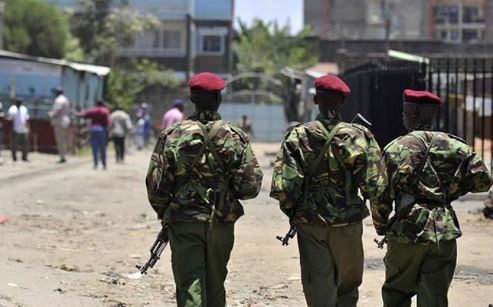×
The Standard e-Paper
Kenya’s Boldest Voice

A section of police officers is grumbling over what they term unfair promotion methods in the disciplined forces.
The group, mostly made of graduate policeofficers who sought anonymity is accusing the National Police Service of deliberately sidelining them when it comes to promotions.